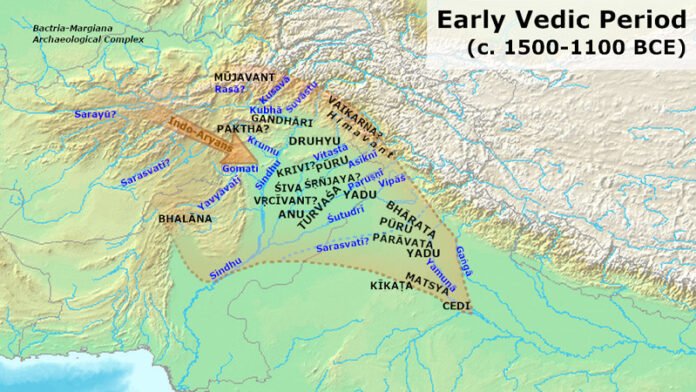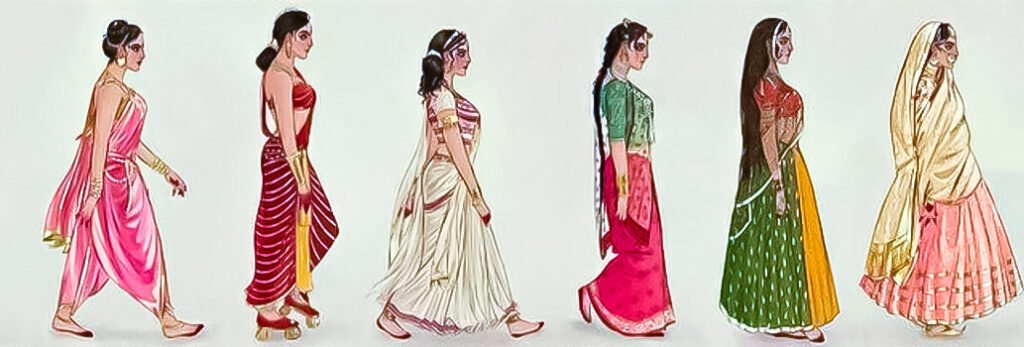
Vedic period women (circa 1500-1200 BCE) stood synomymous to intellectual and spiritual attainments. Our Vedas speak volumes about these women, who complemented and supplemented their male partners. Four significant names of these women are Ghosha, Lopamudra, Sulabha Maitreyi, and Gargi.

Ghosha: There are two entire hymns written in the tenth book, each containing 14 verses, which have been assigned to her name.
Lopamudra: The Rig Veda (‘Royal Knowledge’) narrates a long conversation between the sage Agasthya and his wife Lopamudra which speaks about the great intelligence and goodness of the latter.
She wrote a hymn which was an impassioned plea for her husband’s attention and love. Agasthya realised his duties after reading the hymn and fulfilled his duties towards family.
Maitreyi: The Rig Veda accommodates around one thousand hymns, out of which about 10 are accredited to Maitreyi, who has been the woman seer, and philosopher.
Gargi: Gargi has been known as the Vedic prophetess and daughter of sage Vachaknu, who composed many hymns that questioned the origin of all existence.

